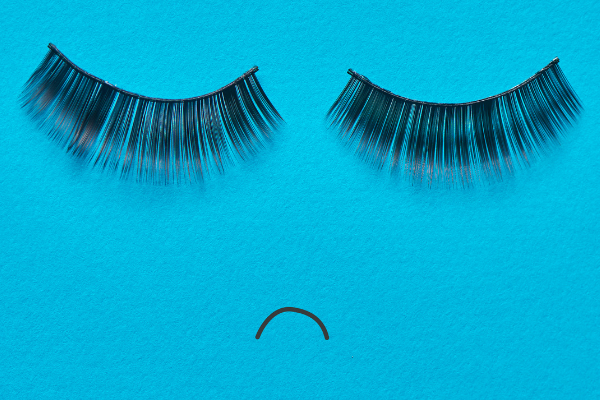
The third Monday in January has come to be known as “Blue Monday” and to be described as the most depressing day of the year. But is this true and is it a healthy way of thinking?
Chief Executive Officer here at St Patrick’s Mental Health Services (SPMHS), Paul Gilligan, explains that any day that focuses us on thinking about mental health and our wellness is useful. However, he says that the idea that everyone’s going to experience feelings of depression and anxiety on any one day is “probably a bit of a myth”.
Where does the idea of Blue Monday come from?
Coming after the busy Christmas period, January can be a time when we’re facing into a new year and meeting more demands and challenges than in the previous few weeks. Because of this, Paul explains, we can understand where the idea of Blue Monday came from, but we have to be careful not to take it too seriously.
Mental health is affected by a number of things, one being our experiences. For example, we can feel a bit down when we come back from holiday as the mental health challenges we put aside when we were away and relaxing begin to emerge again. If our moods are a bit low in January, often this can be about getting back to life and all the things that life presents us with, rather than anxiety or depression suddenly coming from nowhere just because it is a certain time or day of the year.
When it comes to Blue Monday, Paul suggests that “we have to see it in the context of what it was meant to do, which is to give people permission to talk about their mental health.” Every opportunity we get to focus on mental health “helps people to be more aware and helps people to take steps to improve their mental health.”
How can you deal with emotional challenges?
We can go through difficult emotions at any time of year. Paul says, “if we back ourselves, trust others and embrace uncertainty, we’re better able to deal with mental health challenges or emotional challenges.”
There are three key things that can help:
- if we believe that we are loved, that we are good people and that we have the ability to be happy, this is very helpful.
- if we’re feeling down or feeling that things are getting on top of us, having trust that other people will want to help us and listen to us is powerful.
- sometimes it can feel like we have no idea what’s going to happen. We have to embrace that and see that we have the ability to deal with that. In other words, we have to “tap into our psychological resilience.”
How can you manage your mood?
If you are finding your mood is down, there are steps you can take to deal with it. Awareness of your mood and mental health is a very helpful first step.
Preventing issues from arising in the first place is extremely important too. When it comes to physical health, we often do daily exercises or follow fitness routines. It can be helpful to apply a similar approach to our moods. We can build a mental health regime where, every day, we do something that makes us feel good about ourselves. It’s important that we don’t wait until we’re feeling psychological distress before we do this, but rather keep doing it on a regular basis.
Finally, knowing what we can do when we run into difficulties can also help us. This means having the skills to deal with feelings of disappointment, anxiety and more. These kinds of skills involve managing our belief systems to have positive thoughts and take positive actions; this means exploring what’s making you feel a certain way and what you can do about. For example, if you’re feeling low, instead of only focusing on the negative feeling, it can be more helpful to change your belief system by asking yourself “what things can I do today to make me feel good about myself?”.
It’s about taking control of your mood: as Paul explains, “it doesn’t mean we won’t experience negative moods; it means we’re able to do something when we do” have them.
Are New Year’s resolutions helpful?
People can often feel that setting New Year’s resolutions in January will help them to improve their moods. While Paul agrees that resolutions can be a good psychological way of saying you’re going to take control of your mood, he notes that we can often make a mistake in thinking that the resolutions we set should be challenging. Instead, we should be embracing things that make ourselves feel good; this could be jogging, or it could be sitting down to relax. Doing nothing can have a really important function if it helps us to feel better in ourselves.
“If we take on things that are important to us, that works, but if we take on stuff that’s defined by someone else, that can set us up for failure.”
How can you support others?
For Paul, if there’s one thing Blue Monday is helpful for, it’s reminding us of the importance of considering our mental health and embracing our resilience.
If you are worried about your mental health, take a first step by getting in touch with someone or visiting your GP to talk about how you are feeling and learn about some support options.
If you are worried about others, Paul recommends keeping the door open for people: “Having a supportive person who is prepared to listen and empathise is really important… If we can be open to hearing people’s experiences, supportive of the things they feel would help, and be there for them, that’s all important.”
Continue to…
Minding our mental health as COVID-19 restrictions end
